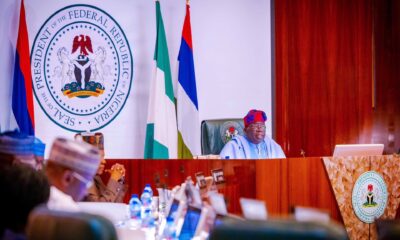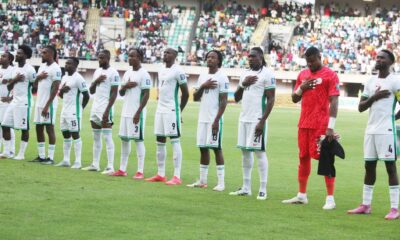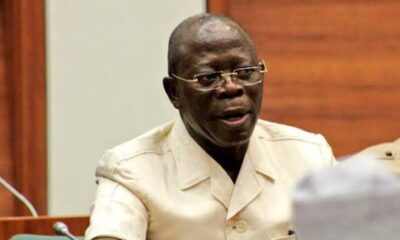Vaseline, one of the most recognizable names in skincare, is built on the healing power of petroleum jelly. For more than 150 years, it has remained a trusted household product, protecting, soothing, and moisturizing skin across generations.
Origins of Vaseline Jelly
The Vaseline story begins in 1870 with Robert Chesebrough, a young chemist from Brooklyn, New York. While visiting Pennsylvania’s oil fields in the 1860s, he noticed workers using residue from drilling—called “rod wax”—to treat burns and cuts. Intrigued, Chesebrough refined this by-product into a purified substance he patented as Vaseline Petroleum Jelly in 1872.
Chesebrough famously promoted his creation with dramatic demonstrations, including burning his skin with acid or flame and applying Vaseline to show its healing effect. The product quickly gained popularity in the United States and Europe, establishing itself as a reliable remedy for dry skin, wounds, and household uses.
Expansion and Global Reach
For decades, Vaseline remained a single iconic product. By the mid-20th century, it began expanding into lotions, creams, and specialized skincare lines. In 1968, the launch of Vaseline Intensive Care Lotion in the U.S. marked a turning point, positioning Vaseline as more than a jelly but a full skincare brand.
Today, Vaseline is distributed in more than 70 countries, offering products tailored to diverse climates and skin needs. The brand is owned by Unilever, one of the world’s largest consumer goods companies, which helped accelerate its global reach.
Historical Highlights
Polar Exploration: In 1909, explorer Robert Peary carried Vaseline Petroleum Jelly during his expedition to the North Pole, where it proved invaluable in protecting skin from extreme cold.
Everyday Innovation: Vaseline was marketed not only as skincare but also as a multipurpose household product—from preserving leather to protecting wounds—cementing its place as an essential item in homes worldwide.
Medical and Wartime Use: During both World Wars, Vaseline was supplied to soldiers as part of medical kits, underscoring its reliability in harsh environments.
Vaseline for Families
Over the years, Vaseline expanded its line to meet specific needs. The Vaseline Baby Range introduced lotions, oils, and powders formulated for delicate infant skin, reinforcing the brand’s focus on gentle, protective care for every stage of life.
Enduring Significance
From Pennsylvania oil fields to global households, Vaseline has endured as a symbol of healing, resilience, and everyday practicality. Its staying power lies in the simplicity of its original product—Vaseline Petroleum Jelly—paired with continuous innovation to meet modern skincare needs.
More than just a moisturizer, Vaseline represents 150 years of trust, science, and care woven into daily life across cultures and continents.
Sources
Unilever Archives – History of Vaseline
FOLLOW US ON:
FACEBOOK
TWITTER
PINTEREST
TIKTOK
YOUTUBE
LINKEDIN
TUMBLR
INSTAGRAM





























